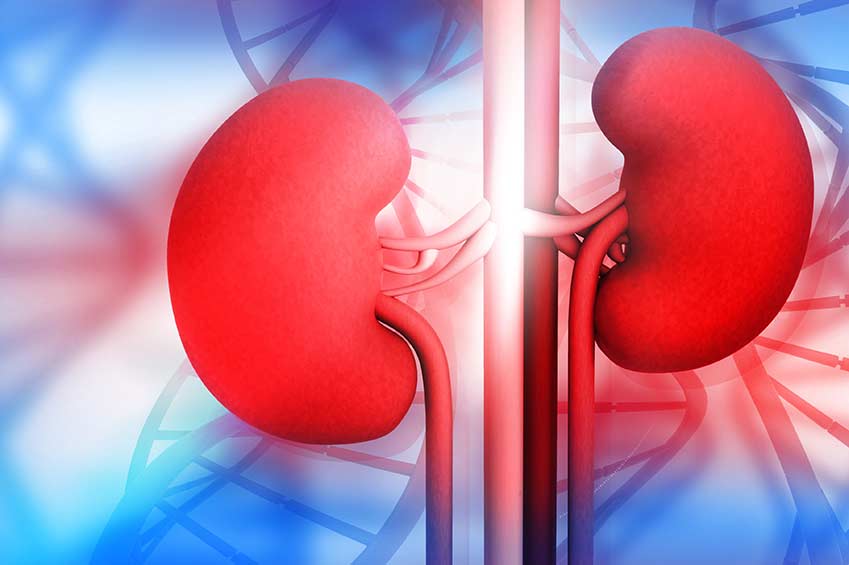
- March 24, 2016
- Attorney David Mann
- Medical Malpractice
Symptoms of kidney stones include severe lower back pain, stomachache, blood in the urine, nausea, vomiting, fever, and chills. Kidney stones are very common, with one in ten people estimated to have one in their lifetime. Having one puts you at a 50 percent chance of developing another one within five to seven years, making the treatment of kidney stones big business. In fact, more than half a million people go to the emergency room for kidney stone problems every year. But not all healthcare experiences are positive ones.
Just like rocks found in nature, kidney stones come in a range of shapes, sizes, and colors.
There are 4 main types of kidney stones:
- Calcium Oxalate Stones
- Uric Acid Stones
- Struvite Stones
- Cystine Stone
Of the four main types, the most common is made up of calcium oxalate followed by uric acid, struvite stones and cystine. Scientifically known as urinary calculi or nephrolithiasis, kidney stones are formed when chemicals in the urine join together after being filtered from the blood. They pass from the kidneys to the bladder through the urinary tract and, if small enough, can pass through a normal-size ureter without significant consequences. However, bigger stones can block part of the urinary system, resulting in severe pain and infection.
Kidney Stone Malpractice
A physician’s failure to recognize or treat kidney stones may serve as the foundation for a medical malpractice lawyer. The damage that stems from a misdiagnosis can also be the basis for a claim, since any medical advice or attention that is given will not be effective at treating the true condition. Surgical error can be the basis of a claim, too. For example, malpractice may be indicated if surgery results in bleeding in or around the kidney, obstruction of the kidney by stone particles, or a failure to completely fragment the stones. A recent study looked at 93,000 privately insured patients who had undergone treatment for kidney stones and had procedures such as shock wave lithotripsy, ureteroscopy, and percutaneous nephrolithotomy. In the 30 days following the treatment, as many as one in seven experienced complications serious enough to need emergency care.
Getting Help With Your Claim
Medical mistakes result in needless suffering for patients and their families. If you have any questions about this topic or believe that a healthcare worker is responsible for your injuries, you can find out more by discussing it with one of our malpractice attorneys at The Mann Law Firm. We have over 50 years of experience helping people, and we can help you. Based in Macon, we believe that a mistake or omission that happens during medical treatment and leads to a patient’s injury is unacceptable. Contact us to discuss your unique situation by calling (478) 742-3381 or by filling out our online form.



 Before leading his own firm, Mann served for several years as in-house defense counsel for a large insurance company, which gives him unique insight into how insurance companies work. He uses this critical knowledge as an advantage for his clients. He is a tough negotiator and litigator, and he is exceptionally strategic in building cases on behalf of personal injury victims.[
Before leading his own firm, Mann served for several years as in-house defense counsel for a large insurance company, which gives him unique insight into how insurance companies work. He uses this critical knowledge as an advantage for his clients. He is a tough negotiator and litigator, and he is exceptionally strategic in building cases on behalf of personal injury victims.[ 